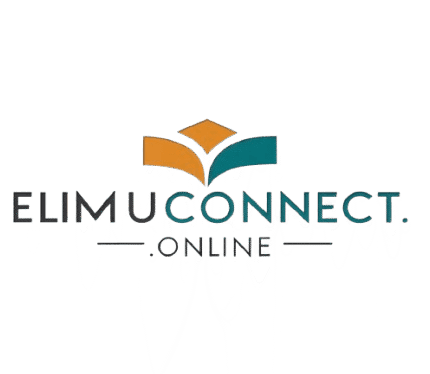Best Revision Techniques: Effortless Tips for Students
Best revision techniques can significantly enhance a student’s ability to absorb and retain information. Whether you’re preparing for final exams, tackling a challenging subject, or simply trying to improve your grades, effective revision strategies can make a world of difference. In this article, we’ll explore some effortless tips that can transform your study sessions into productive and enjoyable experiences.
Understanding Your Learning Style
Before diving into specific revision techniques, it’s crucial to understand your learning style. Are you a visual learner who benefits from diagrams and charts, or do you prefer auditory methods like listening to lectures? Perhaps you’re a kinesthetic learner who thrives on hands-on activities. Identifying your learning style can help you tailor your revision techniques to suit your needs, making the process smoother and more effective.
Create a Revision Schedule
One of the best revision techniques is to create a structured revision schedule. A well-organized plan not only keeps you on track but also reduces stress as exams approach. Start by listing all the subjects and topics you need to cover, then allocate specific time slots for each one. Be realistic about how much you can accomplish in a day and remember to include breaks to avoid burnout. A consistent routine can help reinforce your learning and make revision feel less daunting.
Active Learning Techniques
Passive reading may seem easy, but it’s often ineffective. Instead, engage with the material through active learning techniques. Here are a few methods to consider:
– Summarization: After reading a chapter or section, summarize the main points in your own words. This not only reinforces what you’ve learned but also helps identify areas that need further review.
– Mind Mapping: Create visual representations of information. Mind maps allow you to organize your thoughts and see connections between concepts, making it easier to recall information later.
– Teaching Others: Explaining concepts to a peer or even to yourself can deepen your understanding. Teaching forces you to clarify your thoughts and identify gaps in your knowledge.
Use Flashcards for Quick Revision
Flashcards are a timeless tool in a student’s arsenal. They’re particularly effective for memorizing vocabulary, formulas, and key concepts. Create flashcards with questions on one side and answers on the other. Regularly testing yourself with these cards can enhance your memory retention and make revision more interactive. Plus, you can easily carry them around for quick study sessions on the go.
Practice Past Papers
One of the most effective best revision techniques is practicing past exam papers. This not only familiarizes you with the exam format but also helps you identify the types of questions that frequently appear. Time yourself while completing these papers to simulate exam conditions. Afterward, review your answers to understand your strengths and weaknesses. This practice can significantly boost your confidence and readiness on exam day.
Incorporate Technology
In today’s digital age, leveraging technology can enhance your revision experience. Numerous apps and online platforms offer resources tailored for various subjects. Consider using tools like Quizlet for flashcards, Khan Academy for video tutorials, or Evernote for organizing notes. These resources can provide additional support and make learning more engaging.
Stay Healthy and Balanced
While focusing on revision is essential, maintaining a healthy balance is equally important. Ensure you’re getting enough sleep, eating nutritious meals, and engaging in physical activity. A healthy body supports a healthy mind, making it easier to concentrate and absorb information. Additionally, don’t forget to take breaks during study sessions. Short, regular breaks can boost productivity and help prevent fatigue.
Form Study Groups
Studying with peers can be one of the most enjoyable and effective best revision techniques. Forming study groups allows you to share knowledge, quiz each other, and discuss challenging topics. Collaborative learning fosters a supportive environment and can make complex subjects more manageable. However, ensure that your study group remains focused; too much socializing can hinder productivity.
Set Realistic Goals
Finally, set achievable goals for each revision session. Instead of aiming to cover an entire chapter, focus on specific sections or concepts. This approach not only makes your study sessions less overwhelming but also allows you to track your progress more effectively. Celebrate small victories to keep yourself motivated.
Conclusion
Incorporating these best revision techniques into your study routine can make a significant difference in your academic performance. By understanding your learning style, creating a structured schedule, engaging in active learning, and maintaining a healthy balance, you can make revision an effortless and rewarding process. Remember, effective study habits are not just about hard work but also about working smart. Embrace these strategies, and watch your confidence and grades soar!
